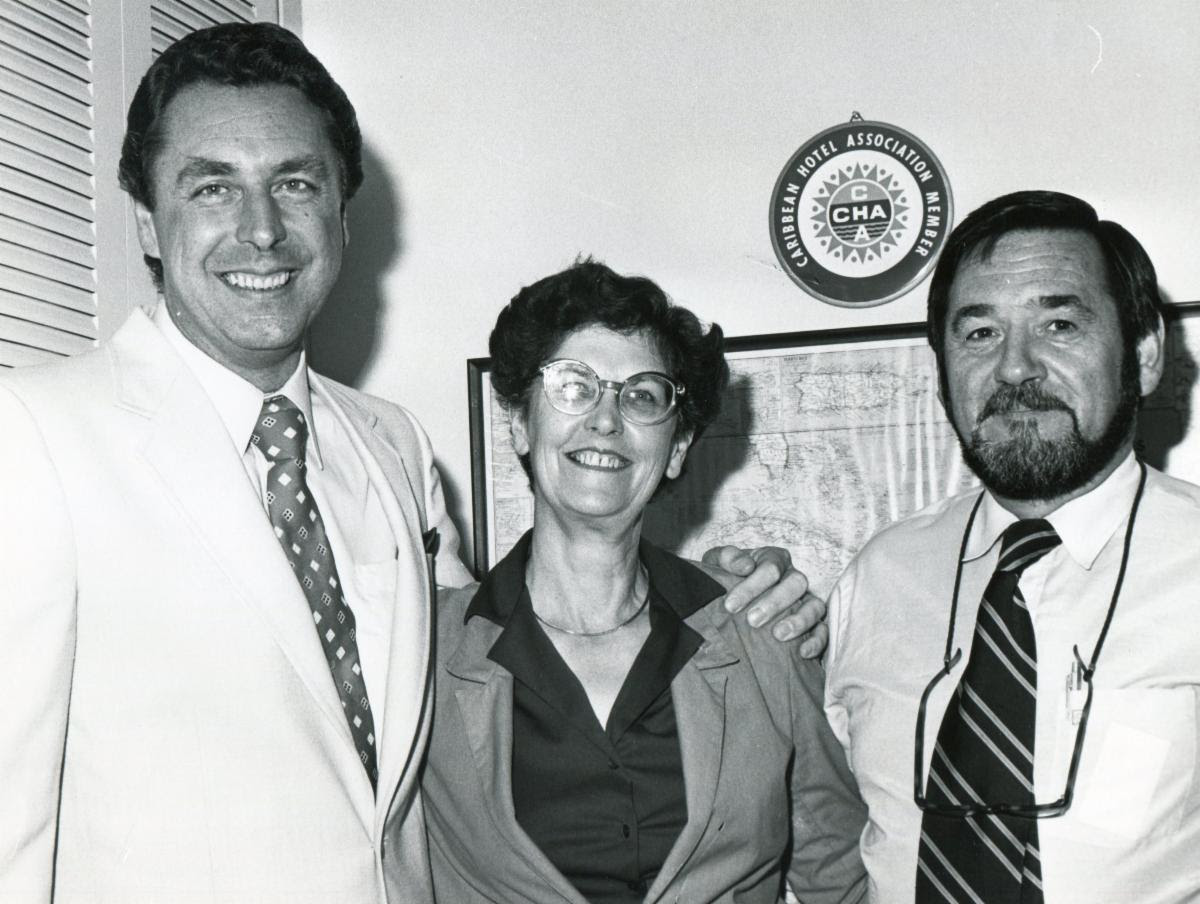NEW YORK, Jun 3 2015 – Barbados is calling on regional countries to rethink their attitude towards the Diaspora and integrate that community into the regional tourism industry.
Tourism Minister Richard Sealy, addressing the Diaspora Forum that forms part of the Caribbean Week of activities here, said that for too long governments have looked at the Diaspora as “the boxes and the barrels coming home during their working life” and retiring and coming home and having their vehicles and furniture accommodated duty free.
“It’s much more than that and I think the skills set, the opportunity to network now that we actually have the information and communication technology so easy, we have to continue to capitalise on that,” he said.
More than 60 million people from Caribbean Community (CARICOM) countries live in the tri-state area and Sealy told the audience “we all know the Diaspora do a lot for tourism in the Caribbean”.
He said very often people in public life, like himself, talk of foreign direct investment “invariably a large trans-national corporation or some other funding agency doing some huge, massive infrastructural projects.
“But the truth is that the micro investment in the context of tourism is extremely important…investment, not necessarily the large-scale investment, but the diaspora and so on, coming back and investing in those little micro projects that are so important to enhancing the whole visitor experience.
“And so it is in that context that I would also like to see the diaspora view themselves; the opportunity to bring those projects back,” Sealy added.
The World Bank said the Caribbean Diaspora is a sizeable, well-educated, and affluent demographic whose large majority is interested in investing in its countries of origin.
It noted that due to the common heritage and strong connections across the region, they overwhelmingly take a regional approach to the Caribbean, rather than a nationalistic one; and supported by the right incentives and policies, Diaspora members could play an even larger role in contributing to the region’s development.



